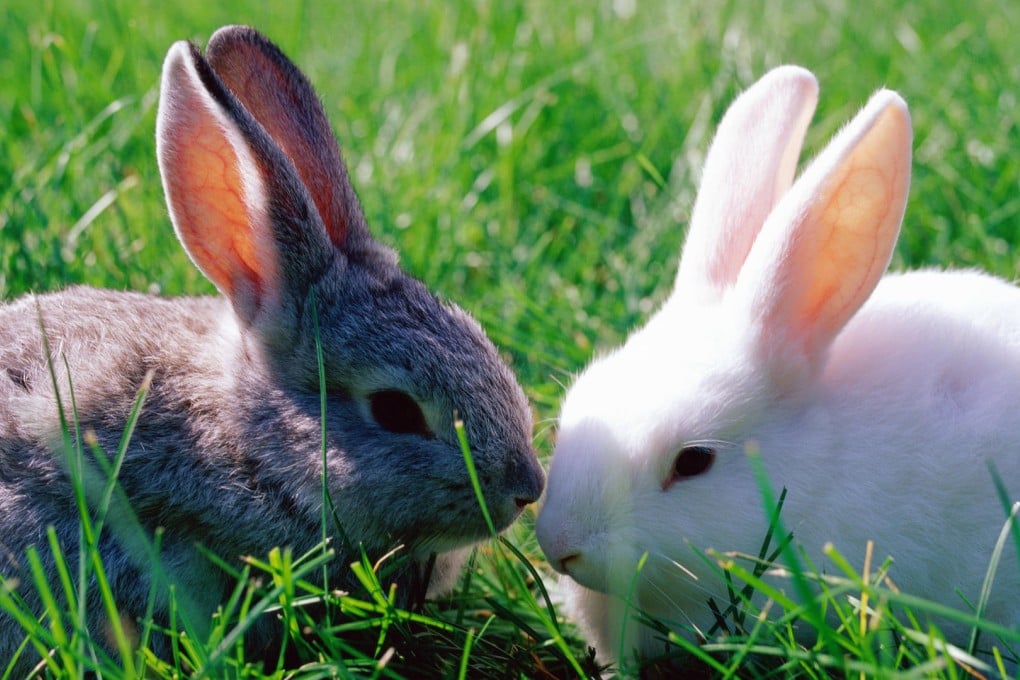Top tips for keeping pet rabbits in Hong Kong
Felix Paige

When owning a pet rabbit, it is important to know about the animal's most common health issues. One of the most prevalent is ileus, a complex condition involving poor gut motility that, if left untreated, can be fatal.
Symptoms include a decreased or lack of appetite, decreased or no faecal production (faeces can also appear smaller and dry), tooth grinding due to pain, and a hunched posture. Jenkins says prevention includes high-quality husbandry and health care, including an optimal diet of hay, pellets and fresh vegetables.
Dental disease is another typical issue, accounting for about half the sick rabbits taken to the SPCA.
"Rabbit teeth are constantly growing and are designed to chew high-fibre grass, which wears them down," says Jenkins. "However, captive rabbits are often fed low-fibre pellets, snacks and treats, thus they spend less time chewing, which means the teeth do not get worn down as fast, yet continue to grow at the normal rate."
Owners should look for lack of wear, which leads to sharp spikes on the teeth. The roots of the teeth will become bent, so changes occur in the skull. "In severe cases, infection can cause life-threatening abscesses," the vet says. Other symptoms include reduced appetite, excessive salivation, swelling on the side of the face and tooth grinding.
Prevention calls for feeding the rabbit as naturally as possible, Jenkins says, "preferably with fresh grass, but in Hong Kong this is not realistic for many, so the second-best option would be timothy or orchard grass hay". Because dry food pellets should be given according to the rabbit's weight and body condition, it's best to get a vet's advice on proportions, she adds.